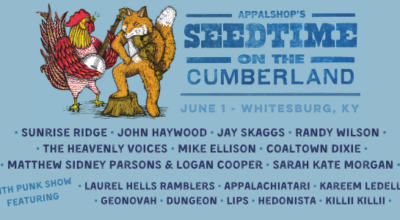Lesser known Christmas traditions
Published 6:15 am Tuesday, December 25, 2018
The Christmas traditions we are all familiar with: Holly, mistletoe, Christmas trees, all were imported to the US from Europe, the United Kingdom in particular. There are other traditions still celebrated in the United Kingdom that never caught on here, some of which go beyond Christmas Day.
Boxing Day: December 26th is known as St. Stephen’s Day, also called Boxing Day in Britain. And started 800 years ago. It was the day when the alms box (a collection box for the poor) was opened in Parish Churches so that the contents could be distributed to people in need. A lot of Churches still carry on this tradition. It was also the traditional day that servants got off to celebrate Christmas with their families. The St. Stephen celebrated on the 26th is the martyr Stephen in the Bible who was stoned for his belief. Sporting events, especially soccer and horse racing, are commonly done on Boxing Day.
Wren Day: This is an Irish custom also celebrated on December 26th and is also based on St. Stephen. Legend has it he was forced to hide in a bush from his enemies, but a chattering wren gave him away. In the past a wren was killed to pay penance for his misdeed and hung on a stick along with a holly bush, and then paraded around the village. Nowadays only the holly bush is used with no wren. This procession is called ‘Feeding the Wren’.
Mumming: This is an ancient pagan custom that was an excuse to have a party. It means ‘making diversion in disguise’. The tradition was that men and women dress up in odd clothes or costumes and go visiting their neighbors, singing, dancing or putting on a play with a silly plot. In Medieval times it had turned into an excuse for people to go begging around people’s houses and committing crimes. It became so bad that Henry the 8th made it illegal. Early settlers from the U.K. took the custom of Mumming to Canada, where it is known as Murmuring. It’s banned in most places because it’s still used it as an excuse for begging.
Wassailing: A very ancient custom seldom done today. The word ‘wassail’ comes from the Anglo-Saxon phrase ‘waes hael’, which means ‘good health’. To drink to each other’s health, a beverage called wassail was made using mulled ale, curdled cream, roasted apples, eggs, spices, and sugar, and was served from huge bowls, often made of silver or pewter. A great deal of ceremony developed around the custom of drinking wassail. The bowl was carried into a room with great fanfare, a traditional carol about the drink was sung, and finally, the steaming hot beverage was served. The song ‘Here we come a-wassailing’ refers to this celebration.
Steve Roark is a retired area forester from Tazewell, Tennessee.






